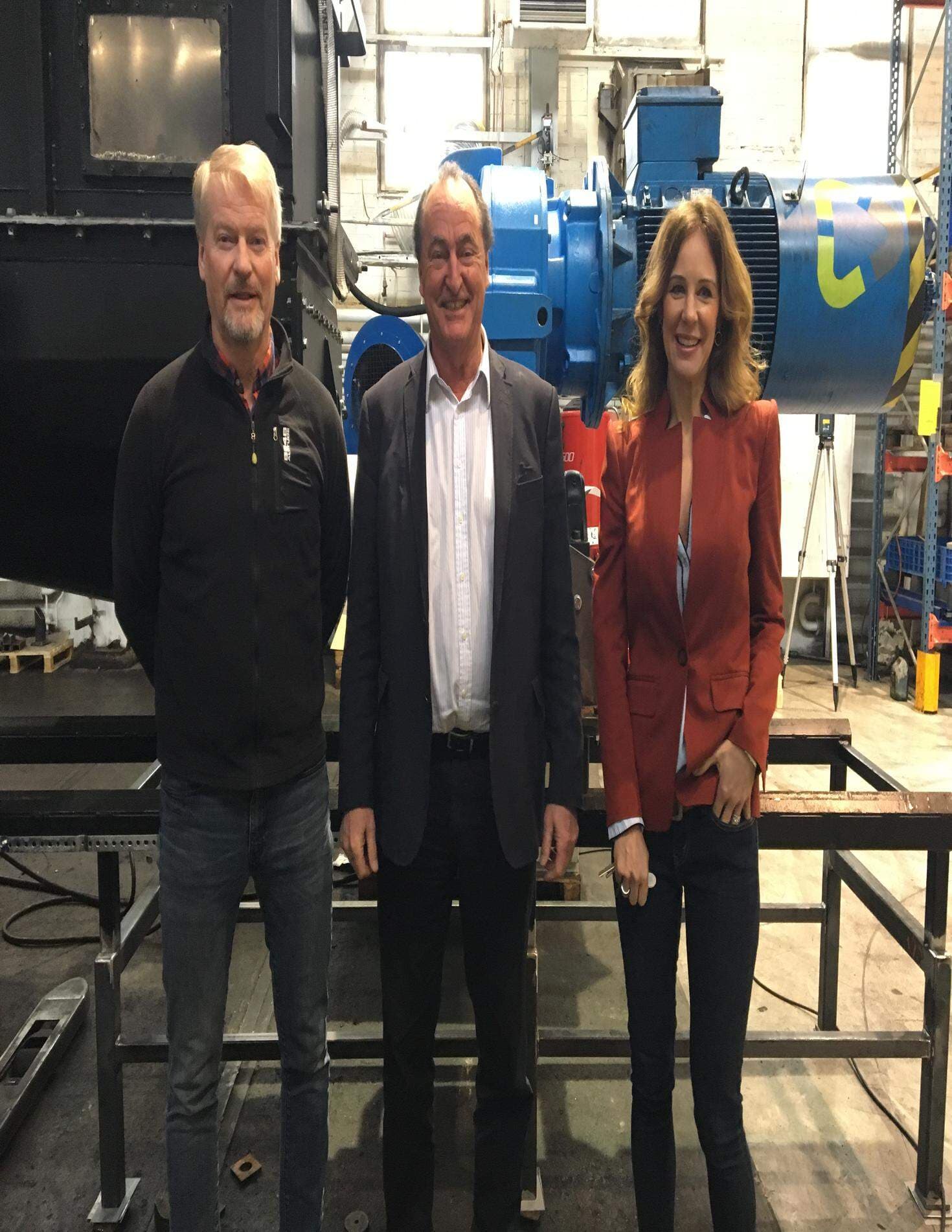Close the ecocycle – recycling is better than burning
Anders Olsson is CEO for recovery business, Cassandra Oil, in Västerås, Sweden. He thinks that misdirected regulatory frameworks skew the way society manages plastic waste.

Cassandra Oil has developed technology to recycle plastic waste and auto tyres. Their reactor – which functions very much like a high-tech charcoal kiln – transforms waste to raw oil, which can then be refined to produce new plastic. Mr. Olsson contends this is the more environmentally sound solution that incineration.
“The EU regulatory framework classifies our operations as energy recovery instead of material recycling, despite the fact that we actually reuse the material – closing the ecocycle. Burning plastic waste is certainly better than landfilling, but we shouldn't deceive ourselves about incinerating plastic – it is a fossil fuel. This goes against all climate objectives.
In Sweden, we are proud of our waste incineration plants, but we shouldn’t become complacent with ourselves. When municipalities expand their incineration facilities to the extent that Sweden now imports waste to incinerate, we may experience a lock-in effect. This isn’t good,” notes Mr. Olsson.
The EU regulatory framework also leads to treating the raw oil produced in Cassandra Oil’s recovery processes as waste, rather than raw material – but raw oil in any form is not ‘waste.’
The REACH Chemicals Directive also gets in the way. Since the waste to be recycled isn’t entirely homogeneous – plastic comes in many forms -- our product, the raw oil, will also be varied. But instead of registering all the raw oil we generate in our processes under a single designation, REACH requires separate registration for each product included. But the raw oil produced isn’t a new and exotic chemical, it's exactly the same as we’ve used for the last one-hundred and fifty years.
In this, Mr. Olsson argues the EU bureaucracy isn't entirely consistent, but he also notes the Swedish regulations are not entirely logical either.
Free competition
“Sweden has a wide variety of subsidies and policy instruments intended to reduce environmental impact. It is quite a tangle. We don't want our product to rely on public subsidies – I believe it’s best for businesses to stand on their own – but it certainly would be nice with technology neutrality. This would let every kind of technology and solution compete on a level field.
Current EU level discussions are looking into introducing a quota certificate system into the Waste Directive. This would require motor fuels to include set percentages of bio-fuels. This discussion includes a proposal to classify the fuels recovered from plastic as bio-fuels, which would increase demand for our raw oil.
“This would naturally be positive for us, but I'd like to emphasize that it is entrepreneurs and engineers who solve problems. The best approach is for policy-makers to not try to ‘pick winners,’ but rather to leave the field open for businesses to compete. Give companies simple, clear, and fair regulations, and we can develop solutions – where the best will succeed. This will make all the difference.